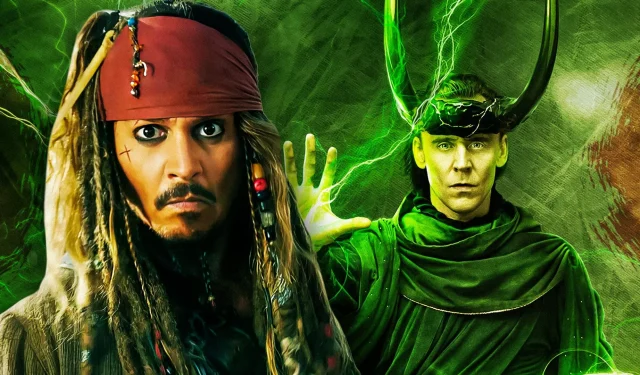
Anti-heroes are often the most captivating characters within cinematic narratives, compelling audiences to reevaluate their own perceptions of morality. The concept of the anti-hero has roots that predate modern filmmaking, leading to various interpretations over time. Broadly defined, an anti-hero is a character who aligns themselves with good causes but lacks the conventional virtues associated with traditional heroes. This dichotomy frequently creates a palpable tension between their motivations and actions.
One critical distinction to make is between anti-heroes and villain protagonists. The latter are characterized by their complete immorality, whereas anti-heroes grapple with their flaws while often striving toward a greater good. It is this complexity that makes anti-heroes profoundly intriguing, blurring the lines of good and evil. While the New Hollywood movement of the 1970s catalyzed a surge in anti-hero portrayals, their allure continues to resonate across various cinematic genres.
10. Loki
The Marvel Cinematic Universe
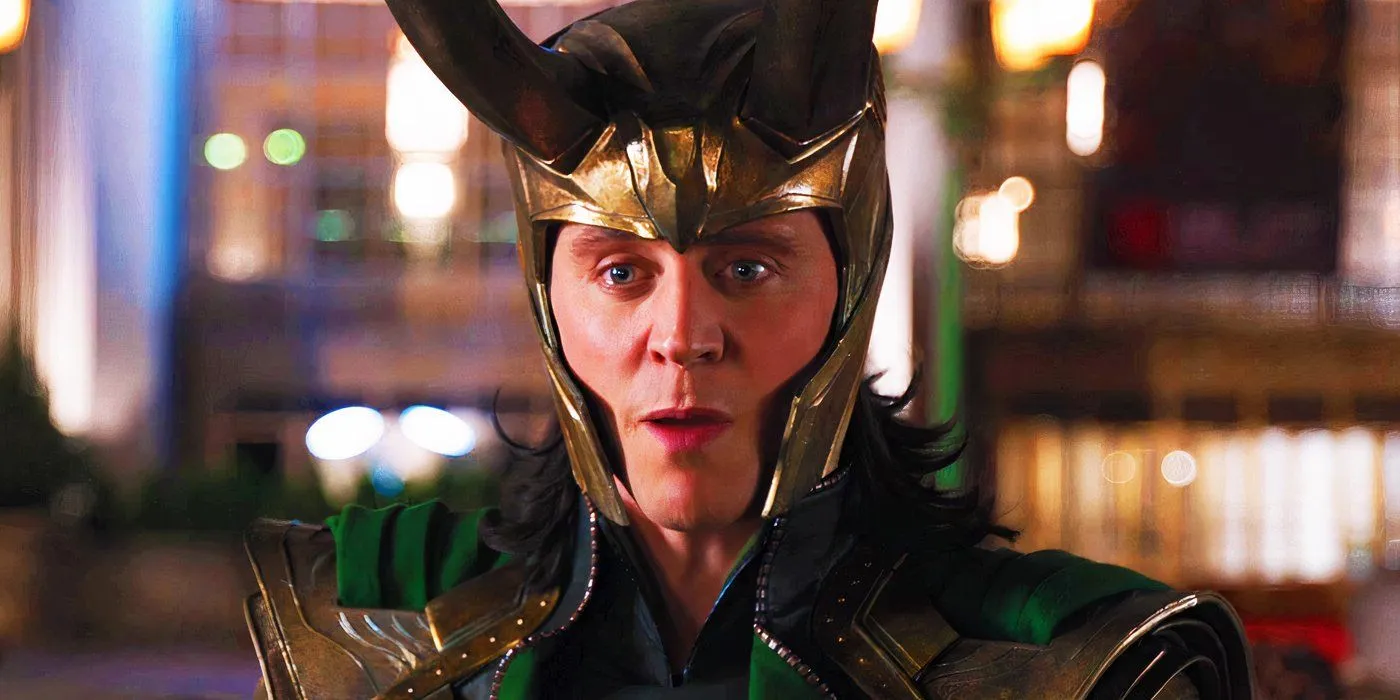




Within the Marvel Cinematic Universe, Loki evolves remarkably as a character. Initially introduced as a villain in Thor and The Avengers, he seeks dominance over Asgard and Earth through unscrupulous means. While many villains face obliteration, Loki navigates a rich redemption arc that transforms him into a quintessential anti-hero in subsequent Thor films.
In Thor: The Dark World and Thor: Ragnarok, Loki tentatively allies with his brother Thor, who remains cautiously optimistic about their partnership to confront greater threats. Their collaboration culminates in an effort to combat Hela, who poses a dire risk to Asgard. Additionally, Loki’s narrative progresses through his own spinoff series, culminating in a poignant self-sacrifice for the greater good.
9. Quint
Jaws (1975)

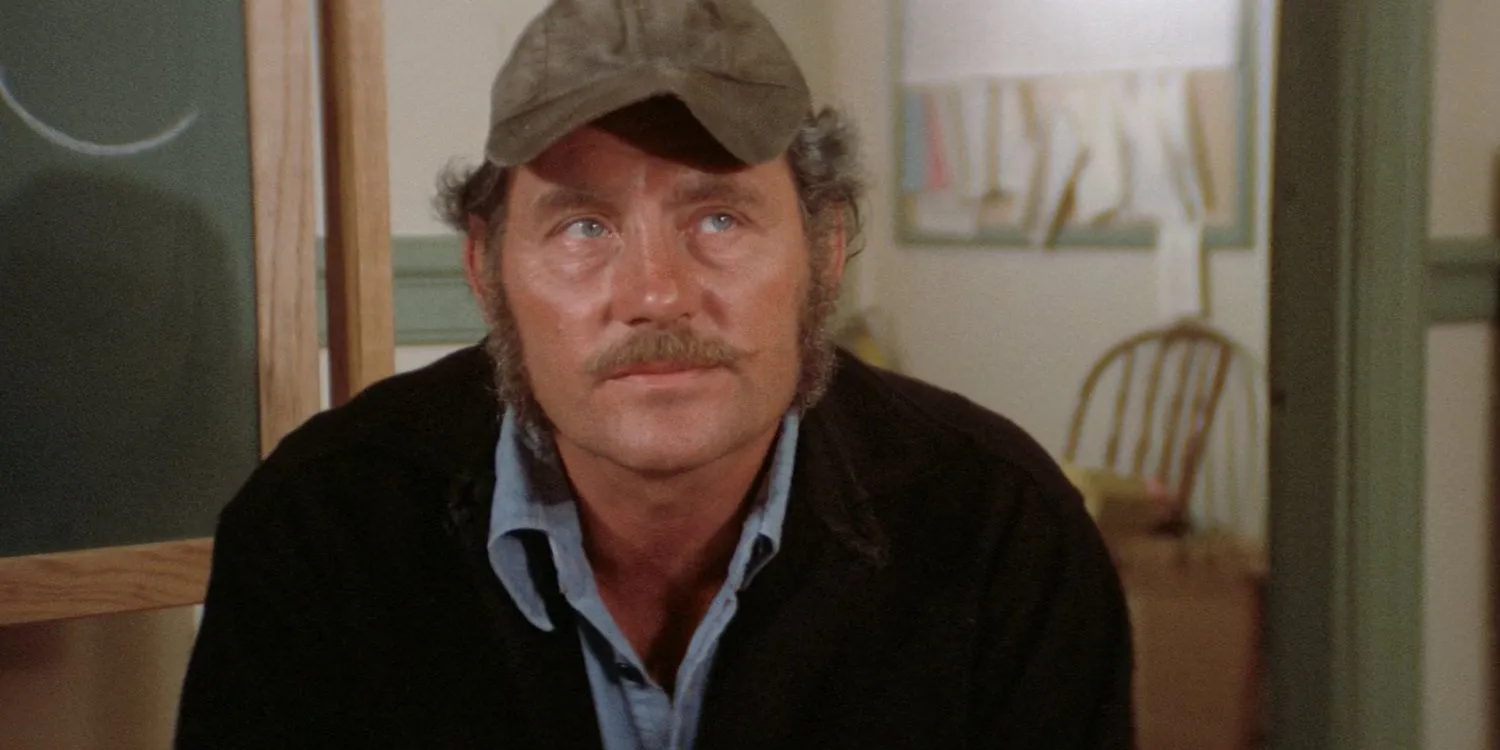

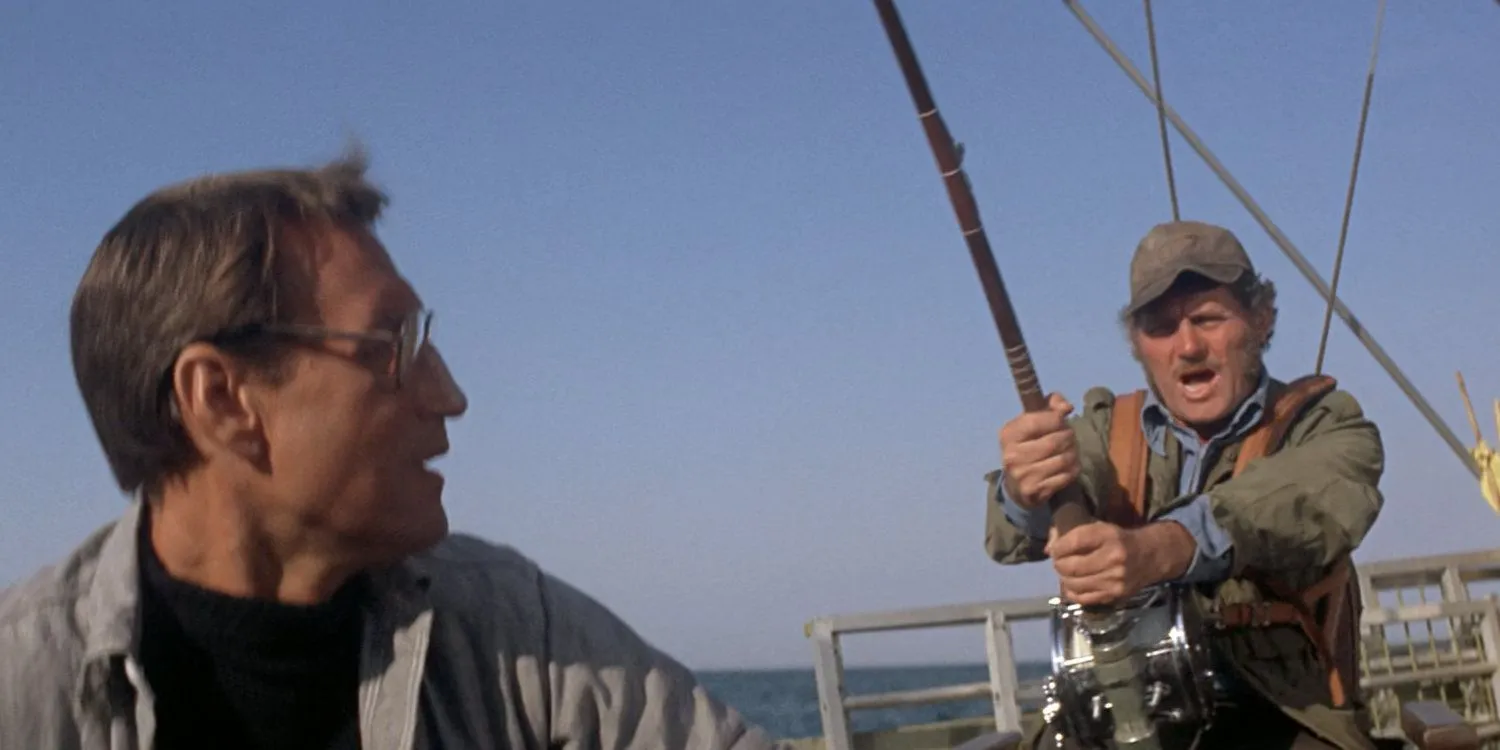

Although not the first shark film ever made, Jaws has set the benchmark for subsequent thrillers featuring oceanic predators. A significant component of its allure is the dynamic interaction among the trio of shark hunters. Their tense collaboration amidst a backdrop of suspense keeps the narrative engaging, even during scenes devoid of the shark’s presence.
Quint emerges as a captivating anti-hero, prompting the other characters to reflect on their individual motivations. At a town meeting, he unabashedly declares his pursuit motivated by profit, contrasting sharply with the more altruistic aims of his counterparts, Brody and Hooper. This internal conflict permeates their mission to eliminate the shark, underscoring Quint’s role in a complex team dynamic.
8. The Dude
The Big Lebowski (1998)
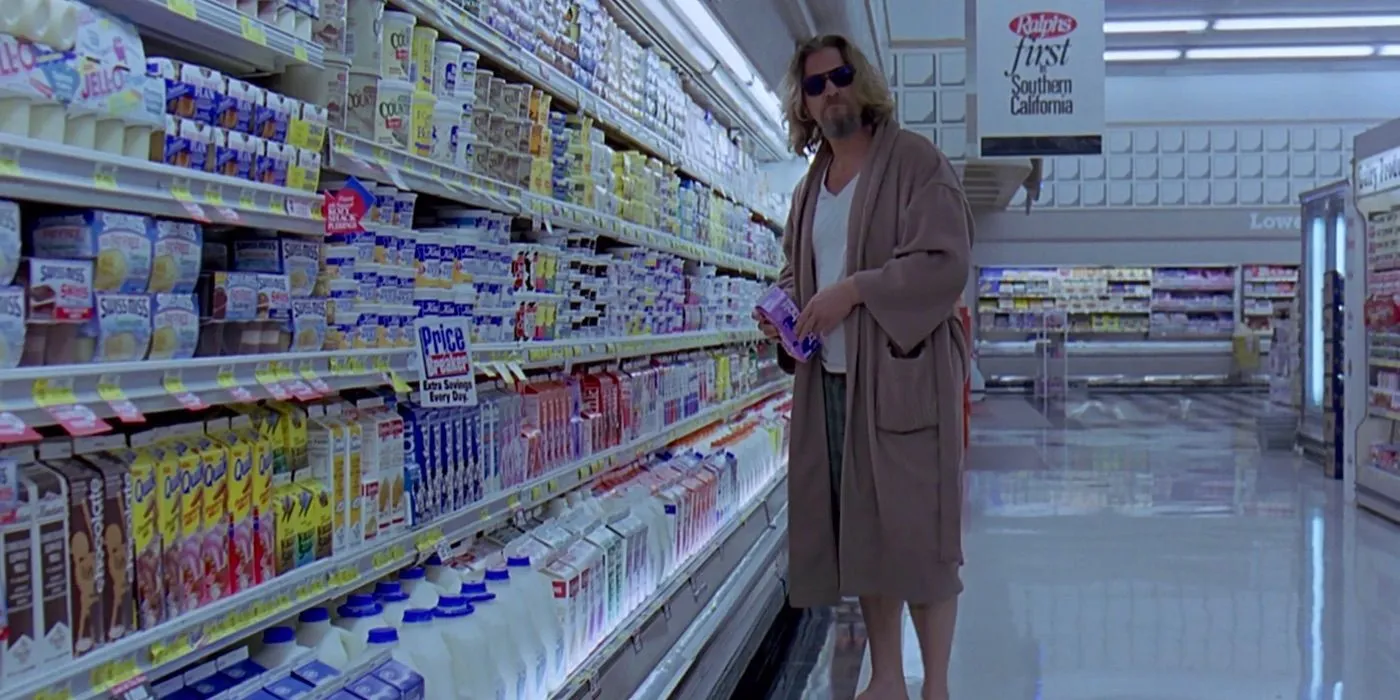




The Big Lebowski, a hallmark of Coen brothers’ cinema, thrives on its protagonist’s anti-hero status. The film unfolds like a shaggy dog story filled with crime, mistaken identity, and vibrant character archetypes reminiscent of film noir. Yet, the Dude embodies a reluctant anti-hero whose only aspirations are to recover his disheveled rug and bowl with friends.
While narratives typically favor a decisive detective archetype, the Dude remains blissfully detached from the unfolding crime drama, taking interest only when self-interest is at stake. This contradiction between his laid-back demeanor as an anti-hero and the film’s plot dynamics fosters a distinctive humor that defines The Big Lebowski.
7. Sonny Wortzik
Dog Day Afternoon (1975)

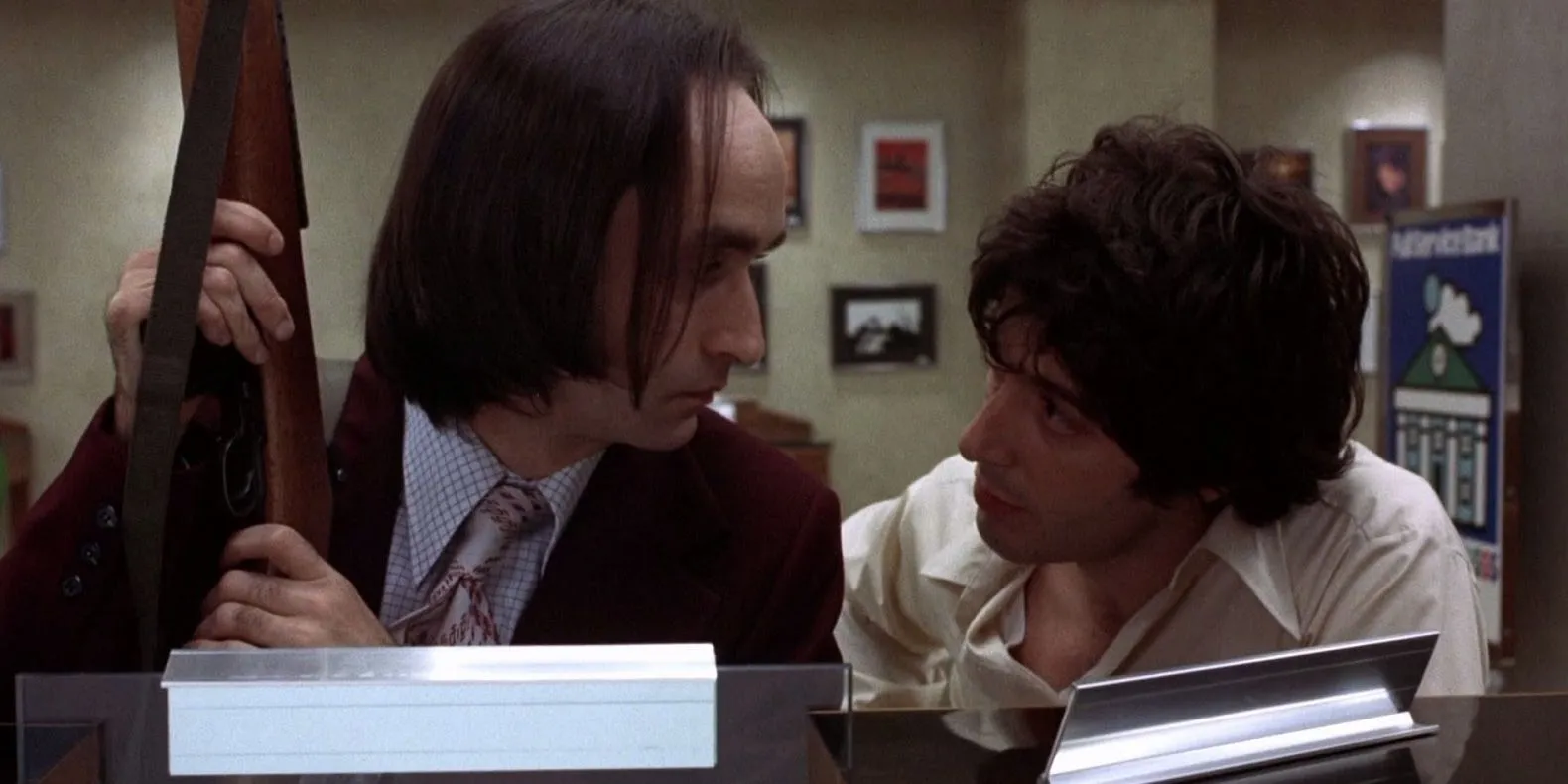

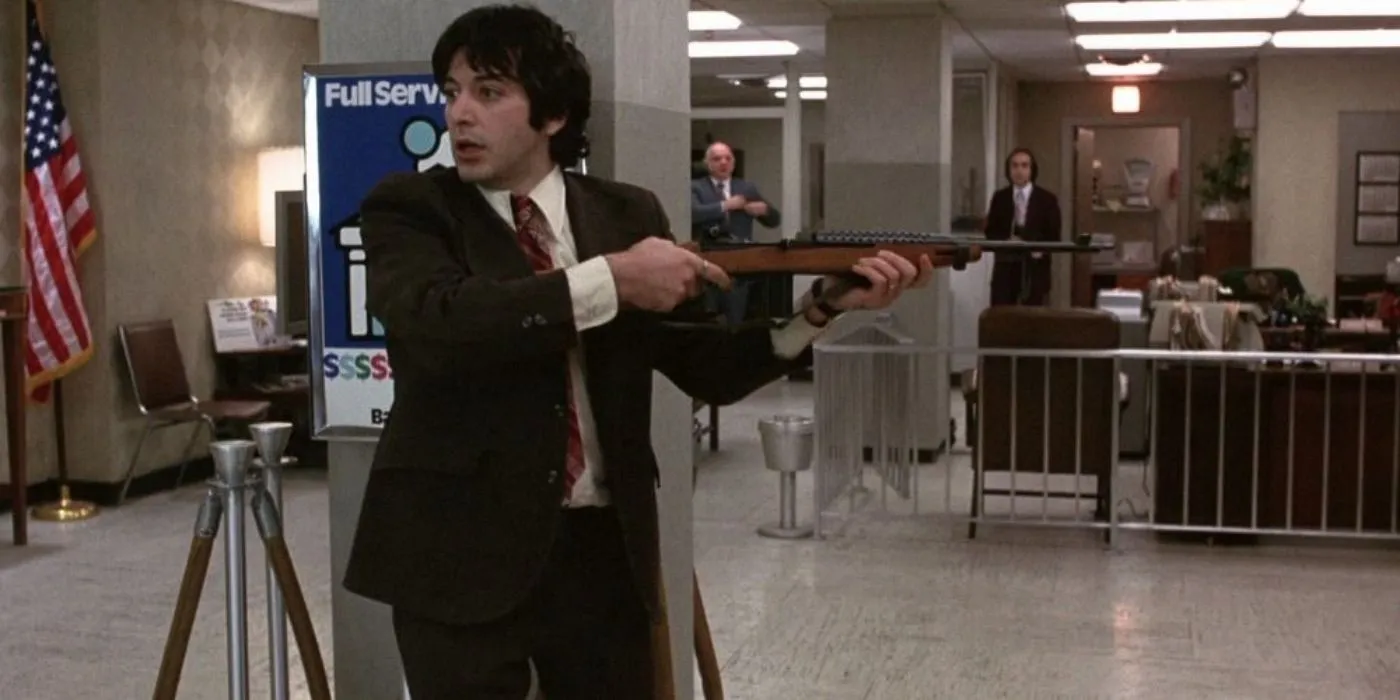

Heist films often feature anti-heroes, allowing audiences to empathize with characters as they navigate morally ambiguous choices. Sonny Wortzik from Dog Day Afternoon exemplifies this archetype. Although orchestrating a bank robbery filled with hostages, he does so to fund a life-altering gender-affirming surgery for his partner.
This moral ambiguity between Sonny’s motives and actions is a recurring theme in powerful heist narratives. For instance, you find characters like Danny Ocean from Ocean’s Eleven perceived as heroic in contrast to their targets, and Baby from Baby Driver is coerced into crime to support his family. These protagonists may not adhere to the strict moral codes of traditional heroes, yet their actions often feel justified.
6. Max Rockatansky
Mad Max Franchise
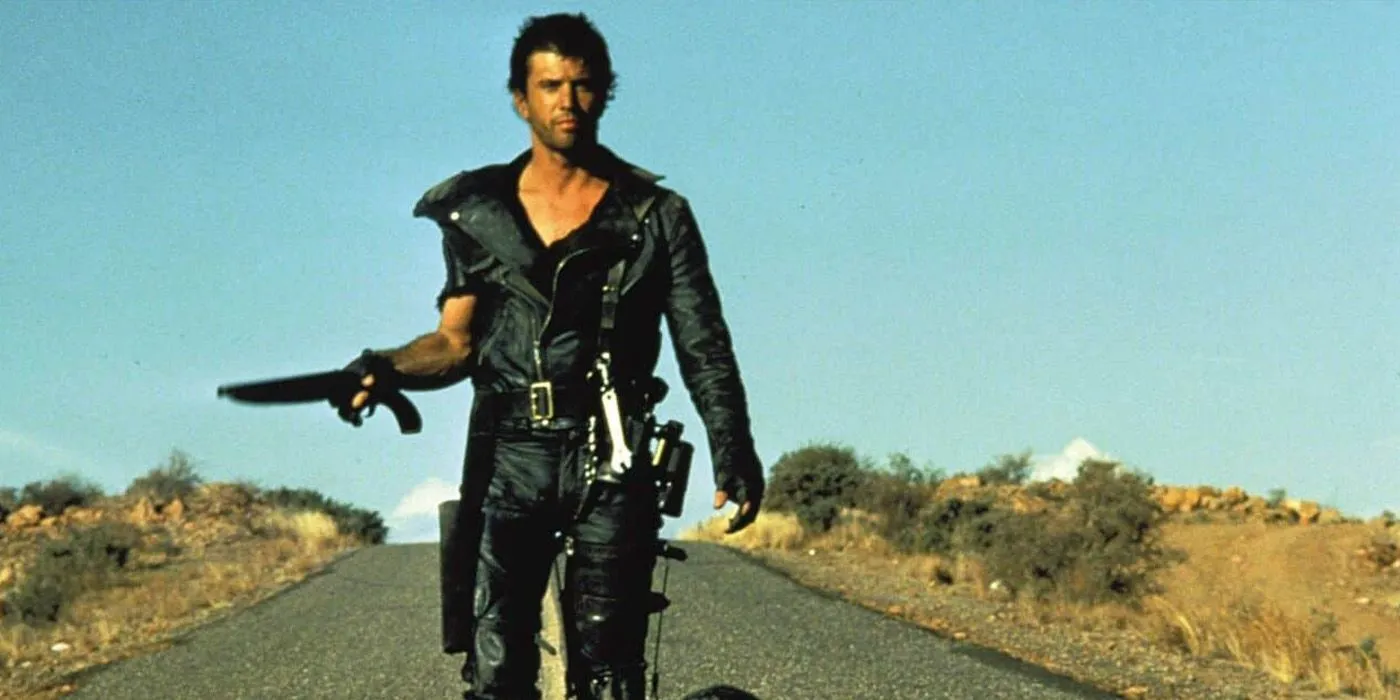


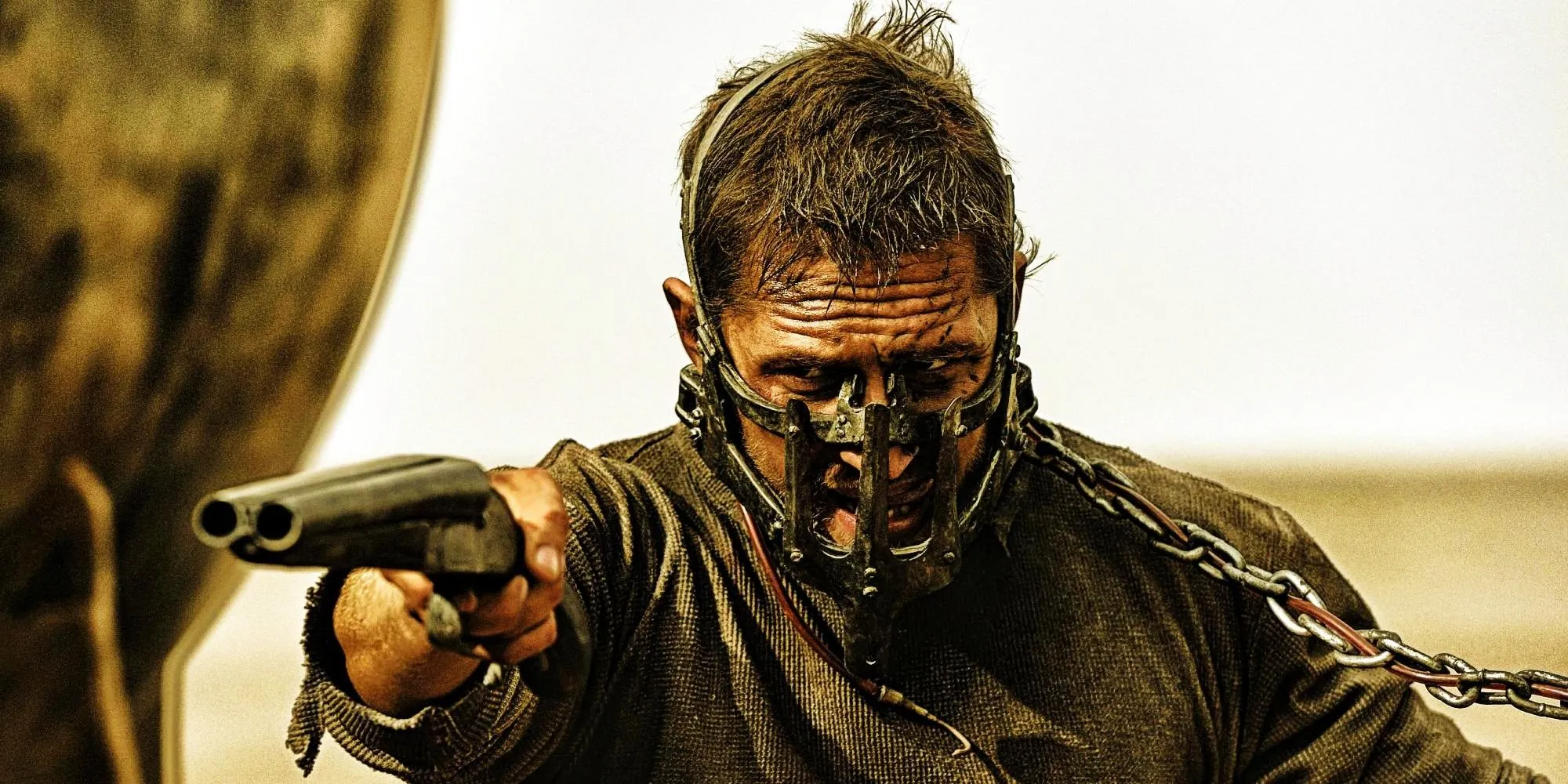

Max Rockatansky, portrayed initially by Mel Gibson and later by Tom Hardy, is a quintessential anti-hero in the Mad Max franchise. Max participates in battles against tyrants like Immortan Joe, yet his motivations rarely align with altruism. Following the tragedy of losing his family to violence, he dedicates himself to survival in a brutal wasteland.
While he allies with groups and causes, his primary consideration is often self-preservation. In Fury Road, for instance, he aids Furiosa’s mission to rescue Immortan Joe’s wives to facilitate his own escape from mortal danger. The evolving landscape of the franchise, particularly with the success of the Furiosa spinoff, keeps the door open for Max’s return as one of cinema’s enduring anti-heroes.
5. Travis Bickle
Taxi Driver (1976)
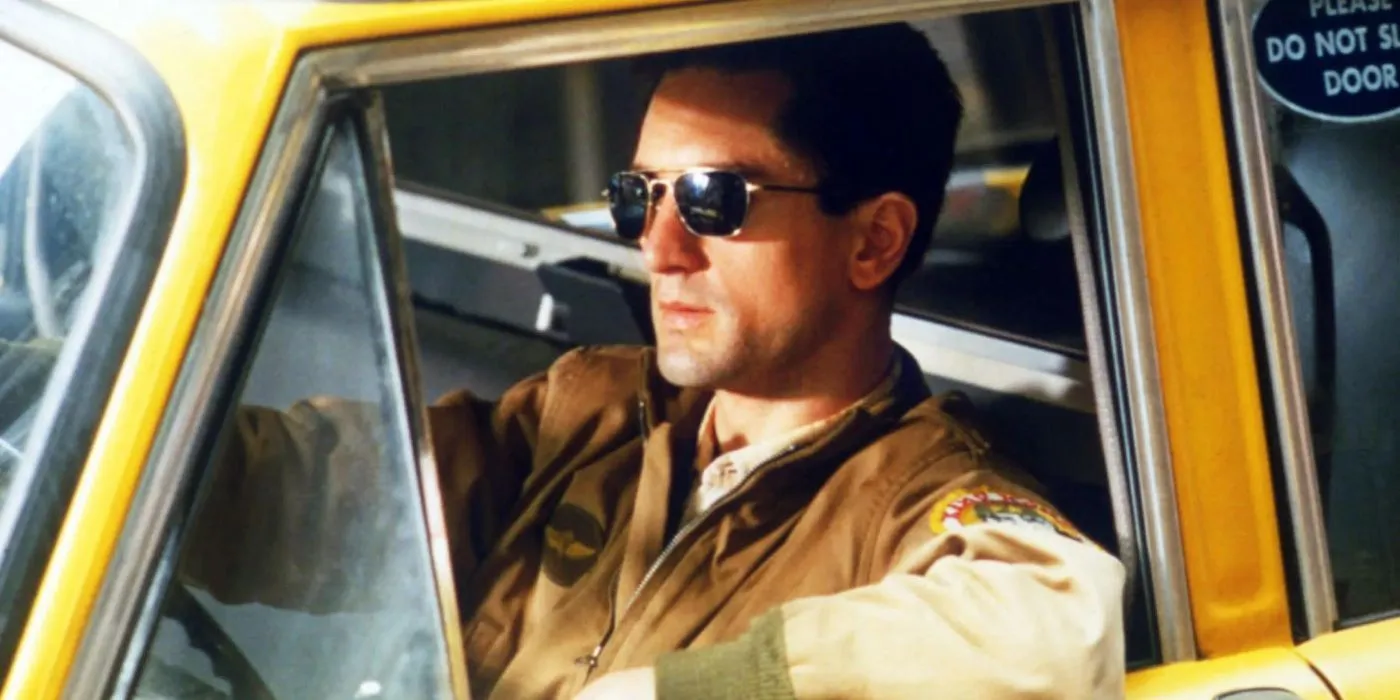



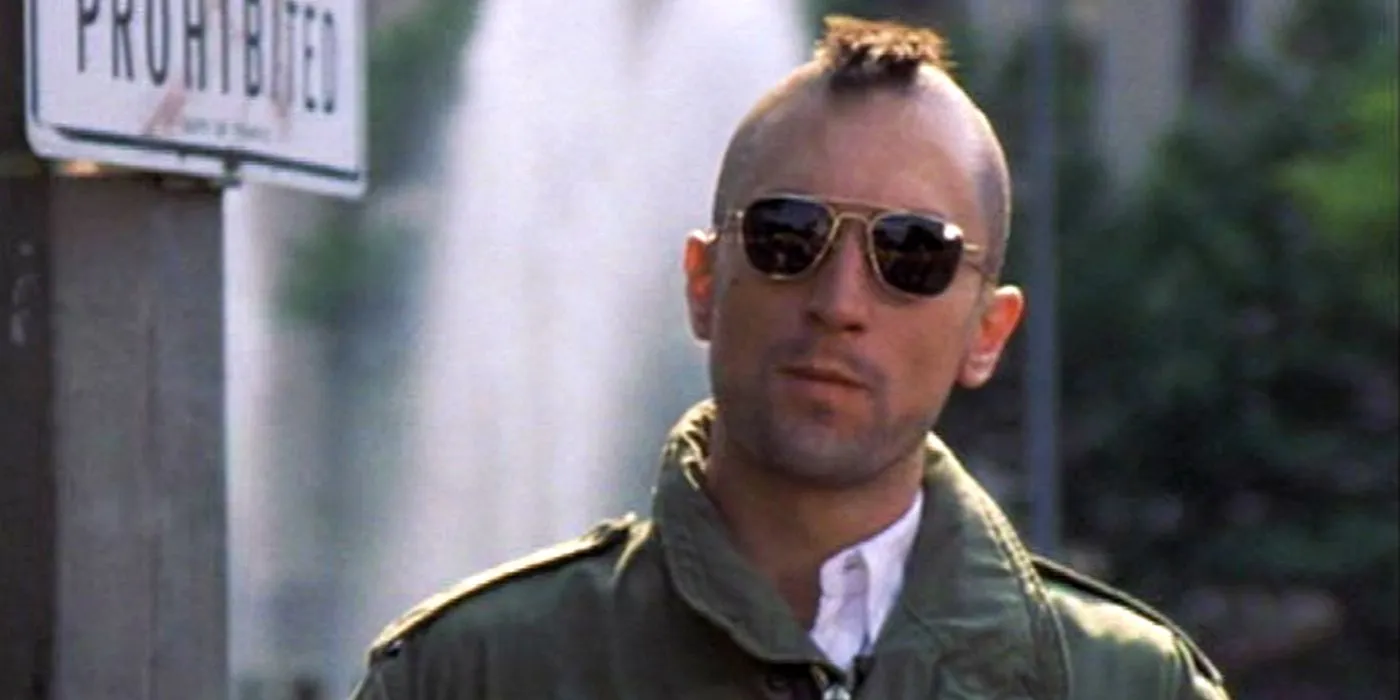
Travis Bickle stands as an iconic anti-hero within film history. A troubled veteran, he perceives New York City as a cesspool of moral decay, prompting him to declare a mission to cleanse it. While motivated to liberate Iris from a life of exploitation, he cultivates an image of himself as a vigilante hero, unafraid to eliminate anyone obstructing his goals.
The conclusion of Taxi Driver features a violent outburst that can leave viewers questioning the reality of his actions versus fantasies. Travis’s distorted sense of heroism complicates the narrative, leaving an indelible mark on the anti-hero archetype.
4. Captain Jack Sparrow
Pirates of the Caribbean Franchise
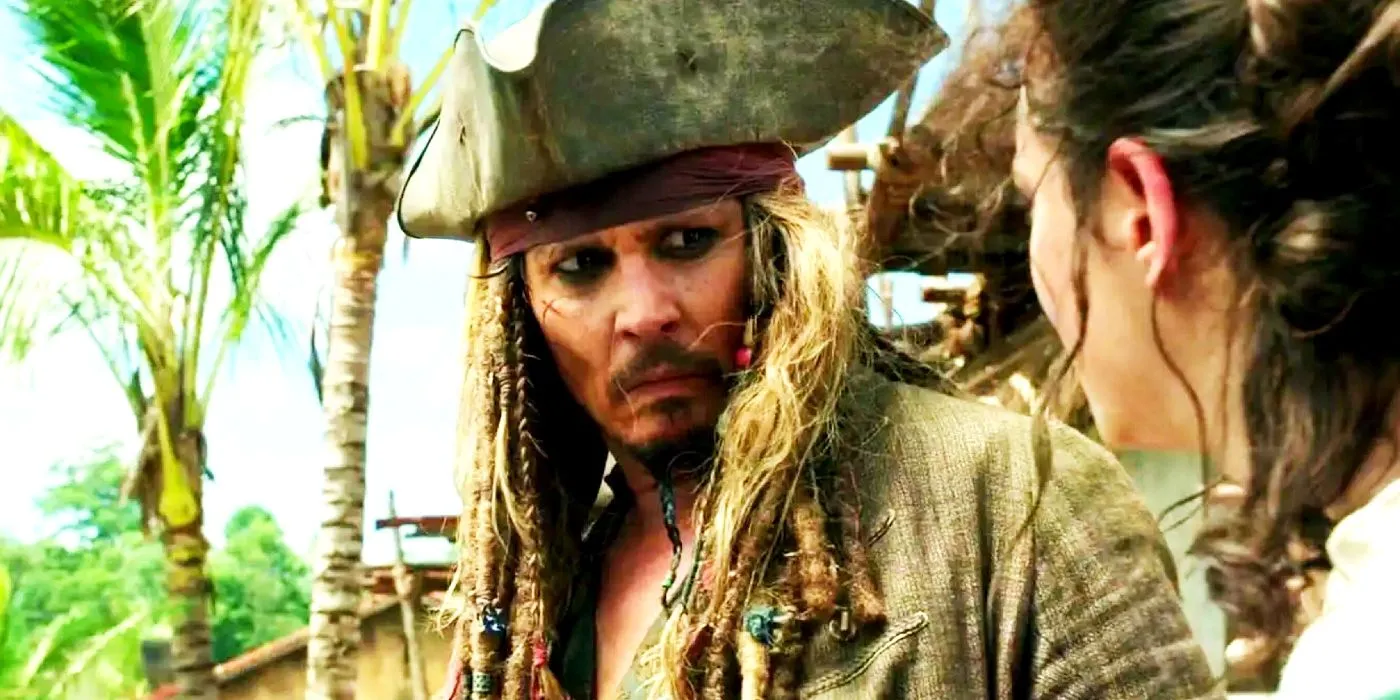

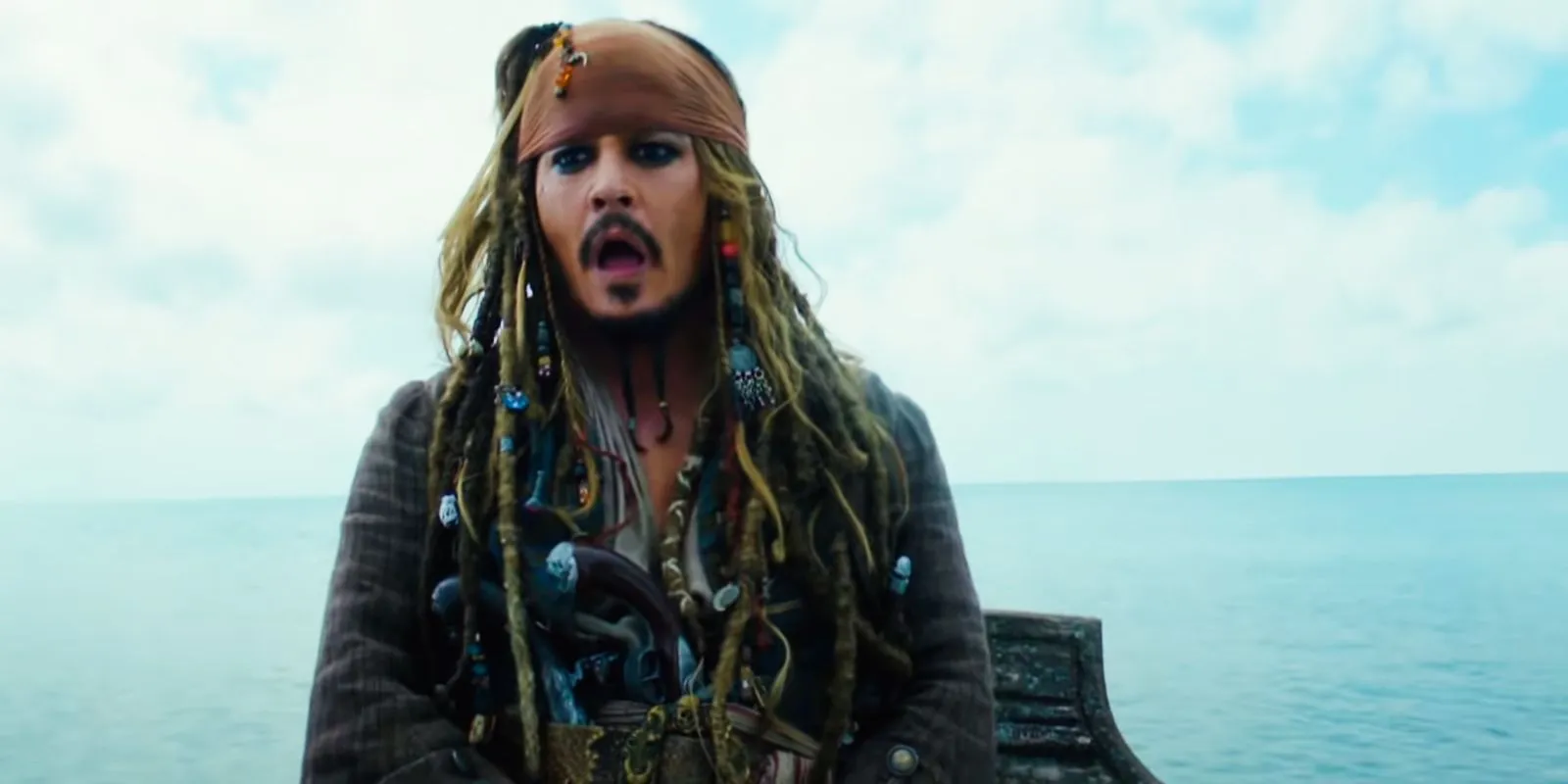


Captain Jack Sparrow is the epitome of a self-serving anti-hero within the Pirates of the Caribbean universe. While he often aligns with noble causes, especially against British colonial antagonists, his egocentric intentions frequently surface. Emerging as a complex character, Jack gains prominence in the franchise while retaining elements of surprise and unpredictability.
Initially appearing as a supporting character, his life revolves around his desires for rum and adventure, although he can sometimes be persuaded into acts of heroism, primarily to preserve his status as captain. This unpredictable essence allows him to navigate the fine line between hero and rogue.
3. The Man With No Name
The Dollars Trilogy



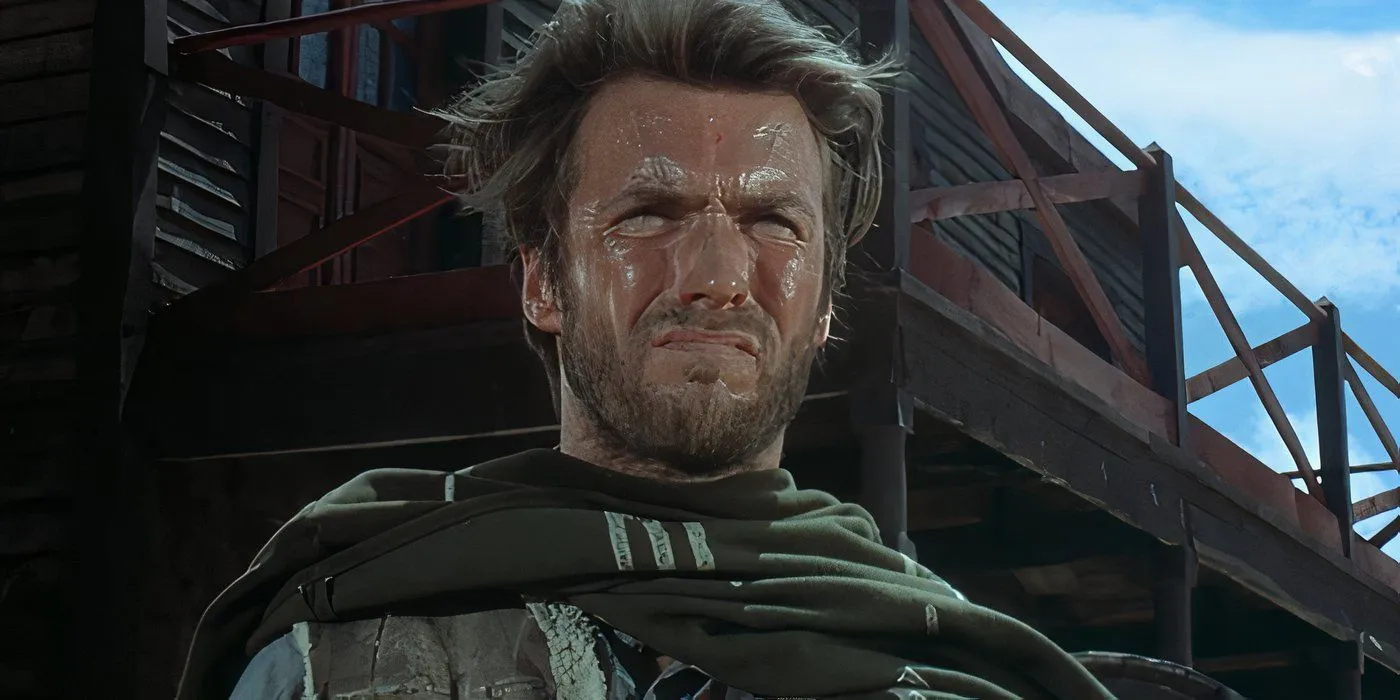
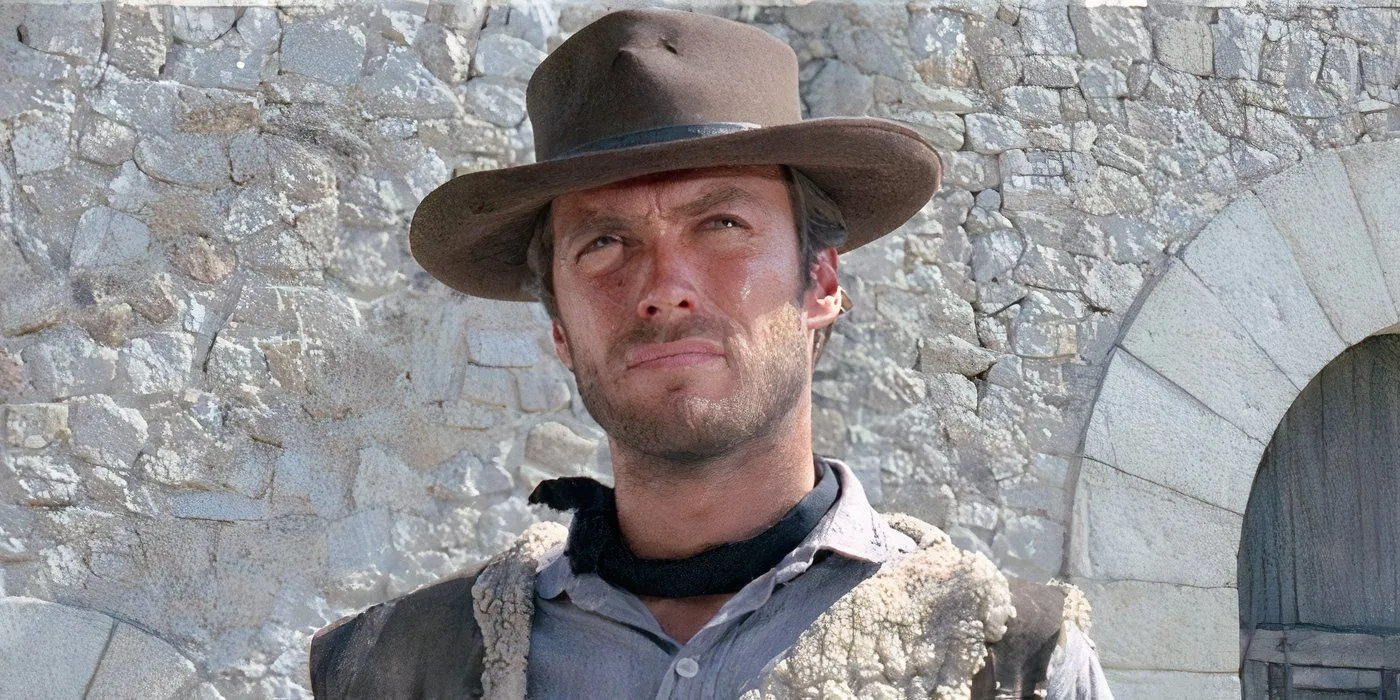
Clint Eastwood’s portrayal of the Man With No Name in Sergio Leone’s Dollars Trilogy has left an enduring impact on the anti-hero genre. Notably, his character reflects a blend of moral ambiguity and stoic charm, establishing an iconic image that has inspired countless iterations in cinema.
This enigmatic figure navigates through gunfights and treachery, adhering to his own moral compass, often in stark contrast to societal norms. Distinguished from traditional heroes, he doesn’t hesitate to resort to unconventional methods, showcasing a darker shade of heroism. His allure lies in his mysterious background and the anti-hero persona he embodies.
2. Han Solo
The Star Wars Franchise


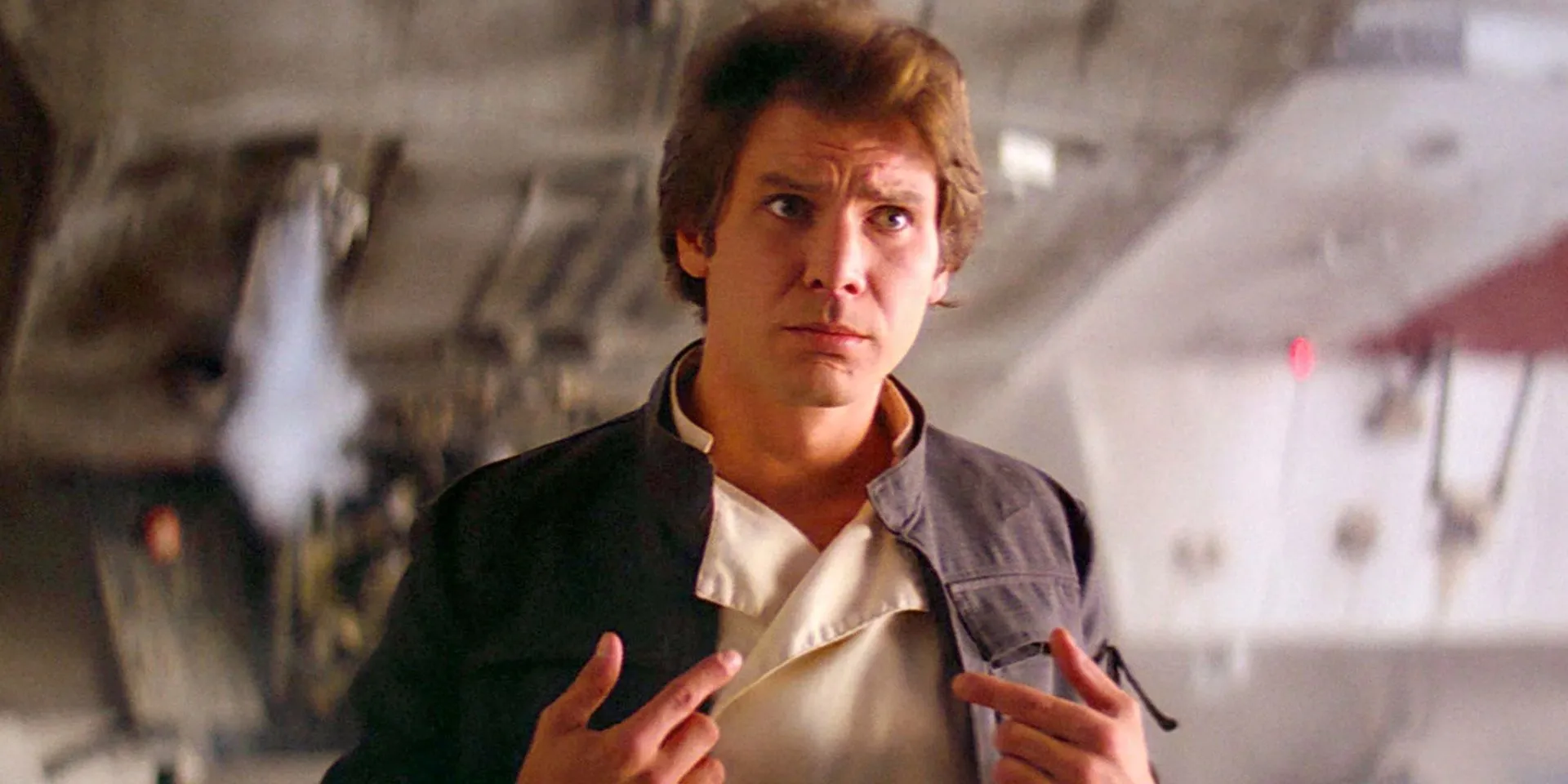


Initially introduced as a self-centered smuggler, Han Solo transitions to a hero of the Rebel Alliance under serendipitous circumstances. Before encountering Luke Skywalker, Han is driven primarily by personal gain, even considering his debts to Jabba the Hutt.
Despite this, Han’s character arc evolves, culminating in his pivotal decision to join Luke and the rebels in their mission against the Death Star. However, his character fluctuates; this is evidenced in The Empire Strikes Back, where he threatens to abandon them during conflict with Leia. Ultimately, Han’s loyalty towards his friends, particularly Luke and Leia, shapes his path toward a more noble cause—yet when separated from them, he lapses back into his self-interested ways, showcasing his complexity as an anti-hero.
1. Michael Corleone
The Godfather Trilogy
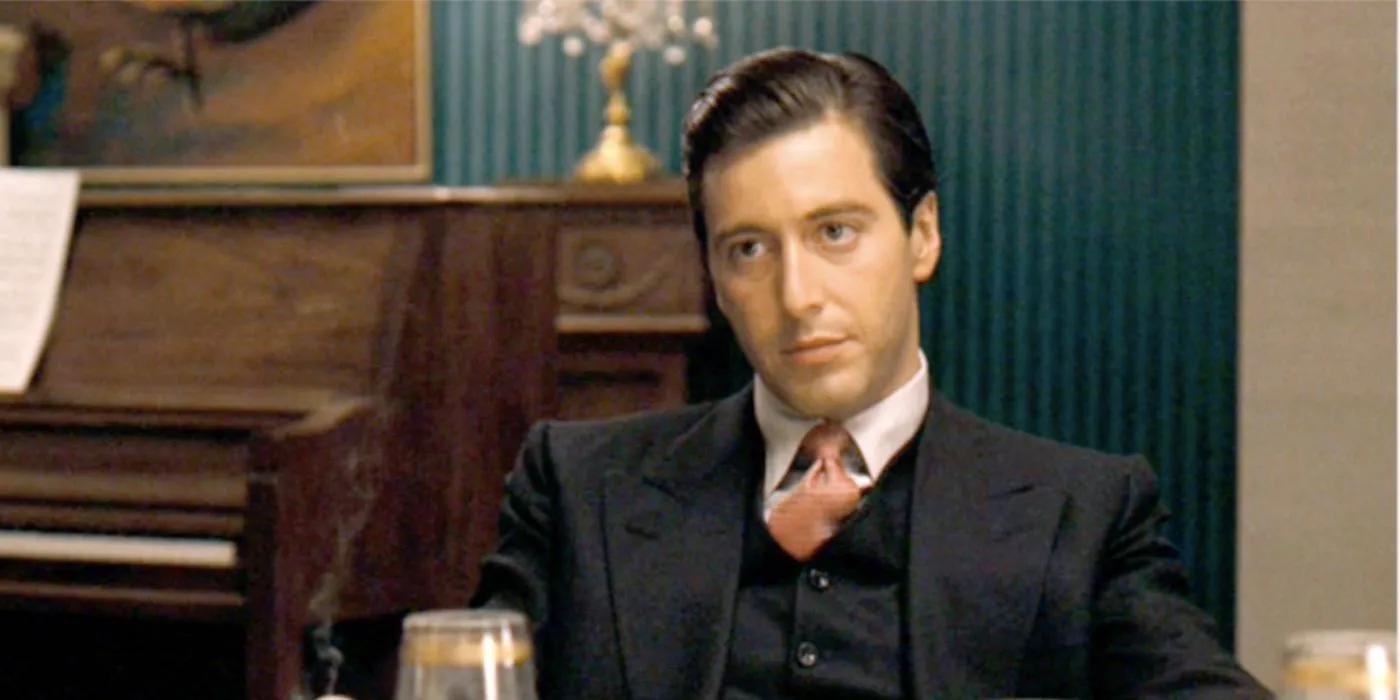

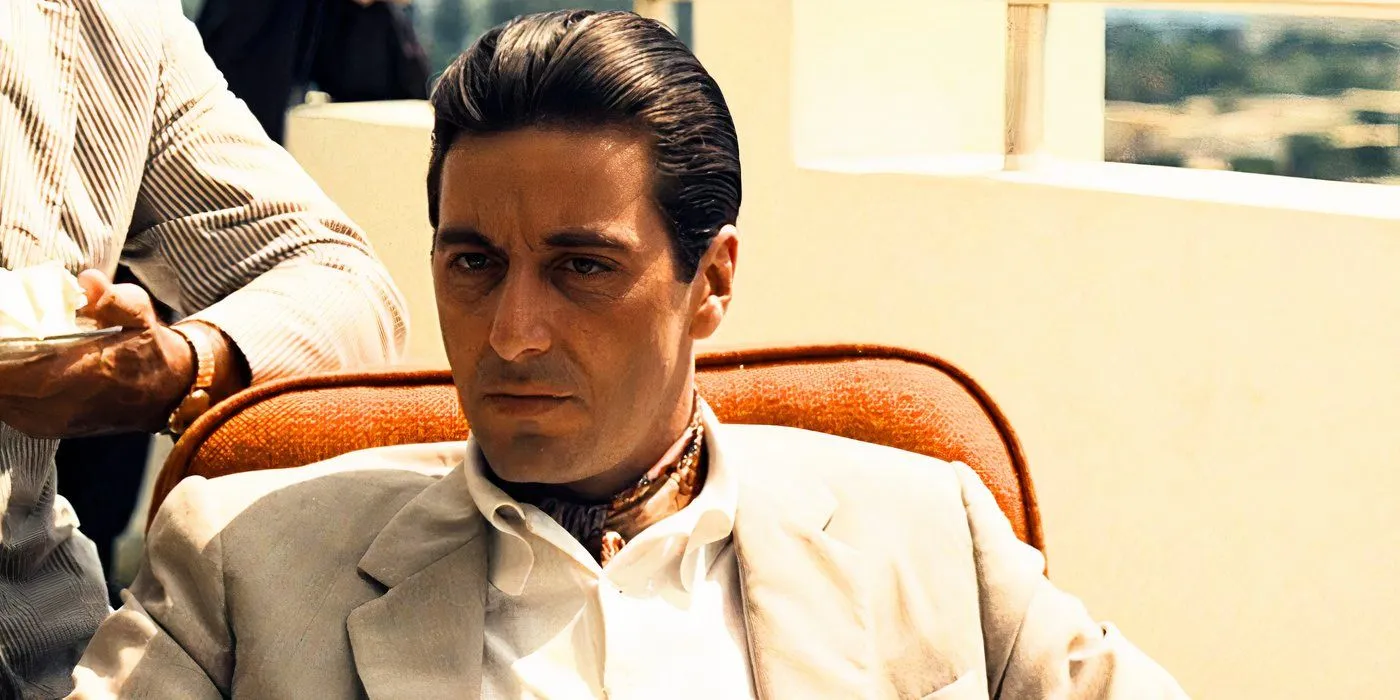

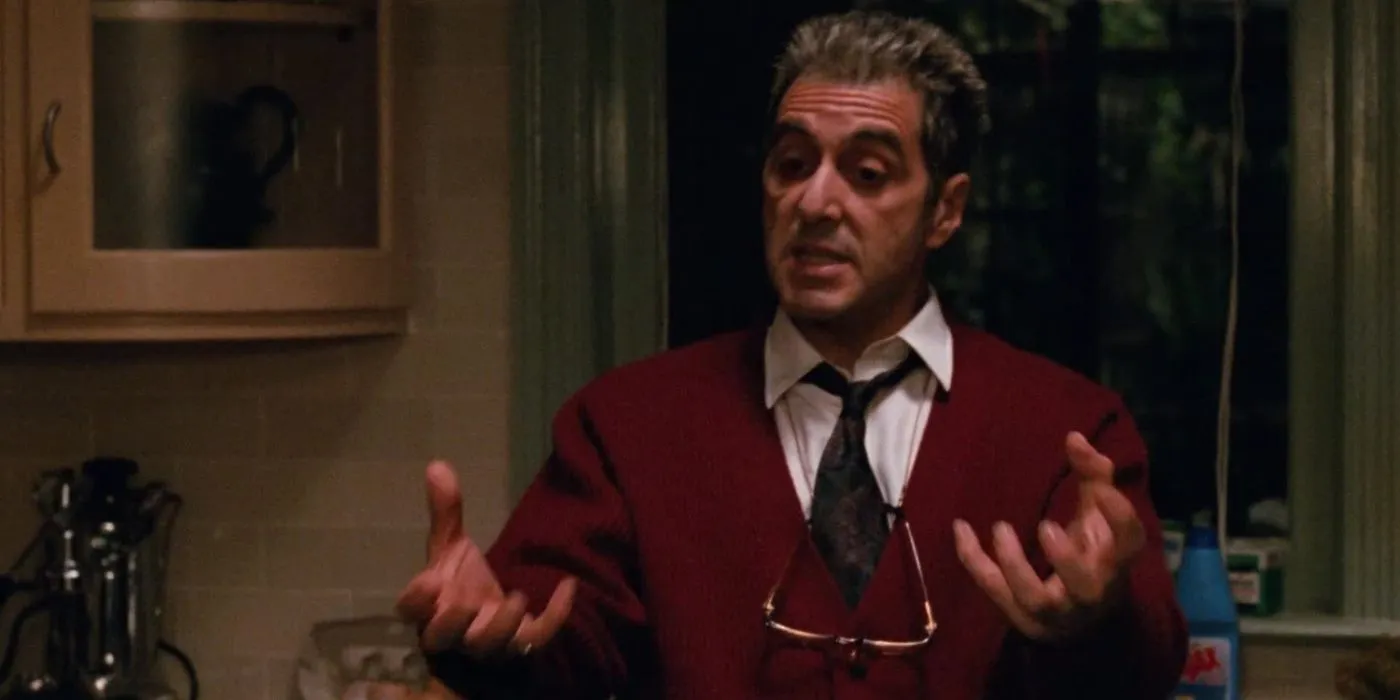
Michael Corleone’s journey epitomizes the transformation into an anti-hero throughout the Godfather trilogy. Initially, he stands aloof from his family’s criminal enterprise, embodying the role of an honorable veteran. Yet, when thrust into the dynamics of the criminal underworld, he becomes the reluctant heir to the Godfather title, motivated by a desire to protect his family, particularly his father, Vito, and his loved ones.
Ultimately, Michael’s evolution culminates in a chilling embrace of his role as an anti-hero, where he performs heinous acts under the guise of familial loyalty. The moral complexities of his choices ignite fierce debate, particularly crystallized in The Godfather Part II, where his actions signify a complete detachment from his initial principles, culminating in a tragic betrayal of his own brother.




Leave a Reply ▼